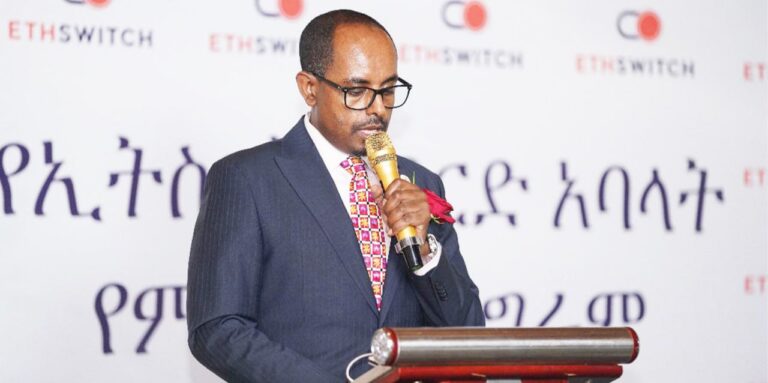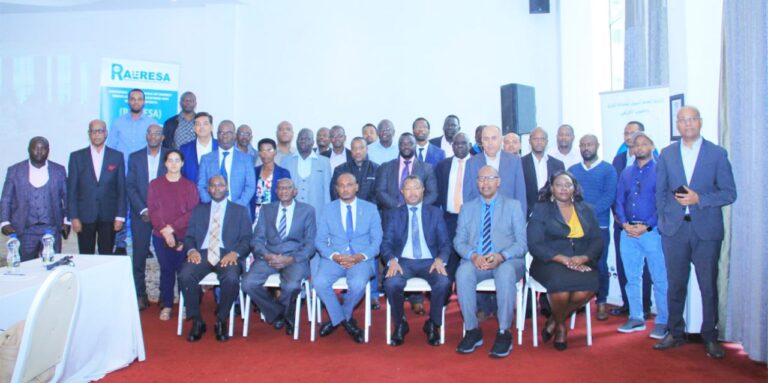The COMESA region’s standardized power rates and cost assessments have been evaluated by members and a consultant in an effort to increase investment in the energy industry and foster sustainable collaboration.
Through enhanced regulatory frameworks, member nations of the Common Market for Eastern and Southern Africa (COMESA) and the African Development Bank (AfDB) have been striving to fortify the sustainability of the electrical sector in Eastern and Southern Africa.
The effort aims to create laws that are efficient, transparent, and legally binding to promote cross-border commerce in electricity and improve access to energy throughout the area.
Mohamedain Seif Elnasr, CEO of the Regional Association of Energy Regulators for Eastern and Southern Africa (RAERESA), commented on the Addis Ababa workshop centered on validating the framework and preliminary reports for harmonized electricity tariffs and cost assessments, emphasizing that the workshop’s main goal is to validate project deliverables in order to move forward.
The goal of the workshop, according to the CEO of RAERESA, a COMESA specialized agency, is to assess a few project deliverables related to the harmonization of regulatory frameworks and instruments for harmonized energy regulation in COMESA.
He went on, “We are here to validate some of the reports, including the cost reflectivity assessment and the harmonized comparison of regulatory tariffs in the region.”
The initiative, named ‘Regional Harmonization of Regulatory Frameworks and Tools for Improved Electricity Regulation in COMESA,’ aims for effective, transparent, uniform, and enforceable regulatory frameworks in the region with the ultimate objective of stimulating cross-border electricity trade and improving energy access in the COMESA region.
“We are collaborating with the African Development Bank to develop those deliverables as well as other deliverables that have already been validated, such as key performance indicators for regulatory principles and for utilities to improve utility efficiency,” he states. “In the end, we will have a harmonized system, and we are striving for regional integration,” he continues.
The CEO told Capital that in order to achieve regional integration, countries must minimize their differences with one another and work together. Harmonization is thus crucial and plays a significant role in this process.
“When people collaborate, they can lower operating costs and gain from one another. For instance, there is currently an energy deficit in parts of our region. If they are integrated, they can swiftly import energy from the areas that have excess supply.” Thus, one advantage of integration is that.
In order for COMESA member nations to cooperate and fully utilize their energy resources, he continued, “we’re working together regionally.” According to the CEO, member nations have abundant resources for energy, including gas and oil, renewable energy, and other resources that may be used to improve the energy mix. “They don’t rely on one thing when they have a diverse energy mix.”
A report on the cost of power assessment and the harmonized comparison of COMESA electricity tariffs was presented during the workshop. Data for analyzing the harmonized costs, harmonized tariffs for the COMESA area, and cost-effective evaluation were also covered.
“The cost-effectiveness is crucial, as the COMESA Council of Ministers determined in 2017 that cost-reflective tariffs are necessary to promote investment in the energy sector,” the CEO stated.
Reports including the regulatory principles and the key performance indicators, the report for utility, and the regulatory key for power indicators and regulatory principles have been validated.
The cost-reflective tariff has also been stated as key to attracting investment in the energy sector.
“Sometimes investors ask for cost-reflective tariffs, and if the country doesn’t have them, they might not come. That is why there’s an energy gap here and there. So, when countries migrate to cost-reflective tariffs, that is a very good opportunity for investors to come and invest in the energy sector,” Mohamedain said.
The project comprises three key components, including: (i) the Elaboration and Adoption of Regional Electricity Regulatory Principles and Regulatory and Utility Key Performance Indicators based on the AfDB’s flagship Electricity Regulatory Index for Africa for the COMESA region; (ii) Harmonized Comparison of Electricity Tariffs and Cost Reflectivity Assessment Framework Tool; and (iii) the development of an Information and Database Management System.
CRISIL Limited of India was engaged as a consultant to implement components of the project, among which is the development of a framework for cost reflectivity assessment of tariffs and for harmonized comparison of tariffs across the region. The assignment has been ongoing since February 2023, leading to the validation workshop for the deliverables developed by the consultant.







